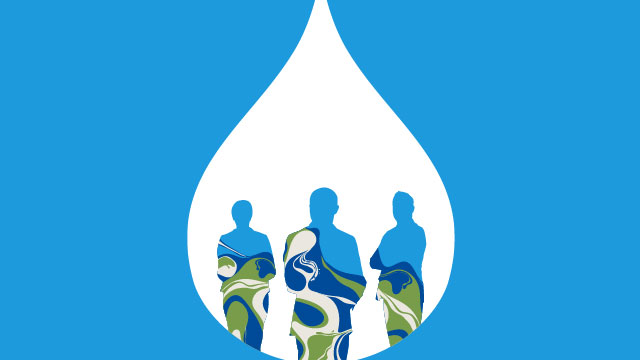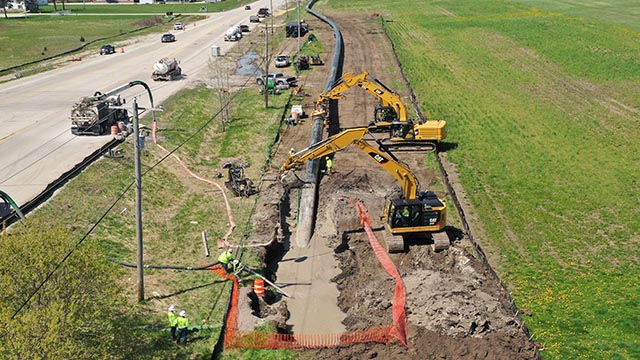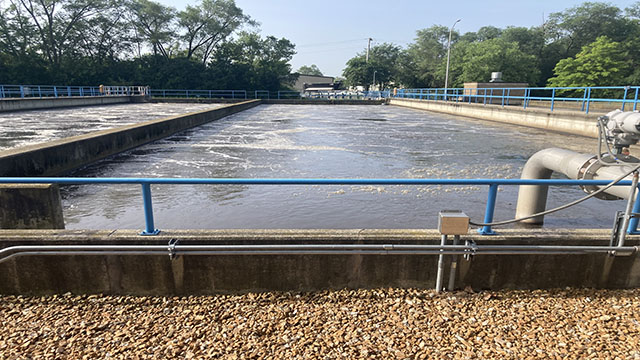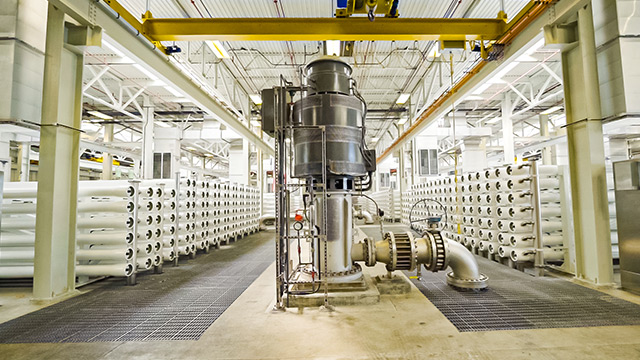The Koch Fertilizer production plant in Enid, Oklahoma, had a water problem—there wasn't enough and it needed more. The facility was expanding, requiring additional cooling and demineralized water, and a subsequent increase in demand from the city’s potable water supply.
The region experienced a severe drought in 2010 that stressed this water supply. To encourage conservation, the cost of water increased, with continued planned rate increases.
Koch Fertilizer understood that drought and water scarcity threatened future plant operations. The company needed an environmentally responsible and financially viable solution to lower costs, increase the water supply and improve its operational resilience.
Water Reuse Fulfills Industrial Needs
After performing technical evaluations and developing preliminary process designs, Black & Veatch recommended a water treatment system that would receive tertiary wastewater from the city's wastewater treatment plant, treating it for reuse within the fertilizer plant.
Black & Veatch provided front-end engineering design (FEED), Program Management, engineering and procurement services for the water treatment system, that includes ultrafiltration and single-pass, reverse osmosis technology. The new system provides water treatment to the tertiary wastewater before pumping it into the plant's cooling towers and demineralized water treatment system.
The project also included the design and construction of a new phosphate reduction system to fulfill plant wastewater discharge permit requirements.
Koch Fertilizer approved the plan, and construction began in 2014, wrapping up successfully two years later.
“It's a win-win for the client to be able to lower costs and improve operational resilience," said Mitch Mueller, lead process engineer for Black & Veatch. “It's also a win for the community's efforts to conserve its water supply."
Sustainable Benefits
The water reuse system will reduce the plant's dependence on fresh water from the city by more than 4 million gallons per day.
One of Koch's goals for the project was a consistent, high-quality water supply that would prevent shutdowns due to lack of water.
“The ultimate goal here is to eliminate water as an issue that would cause the plant to go offline and lose production," Mueller said. "So we’re working to make sure the system we provide has reliability and redundancy built into it, to alleviate that risk."
For that project, Koch Fertilizer Enid LLC won the Oklahoma Water Resources Board’s inaugural “Water for 2060 Excellence Award.” That honor recognizes groundbreaking contributions toward the governing board’s goal that the state’s fresh water consumption in 2060 does not exceed its usage in 2010. The Koch Fertilizer project team also won Koch’s internal “Project of the Year” award.








